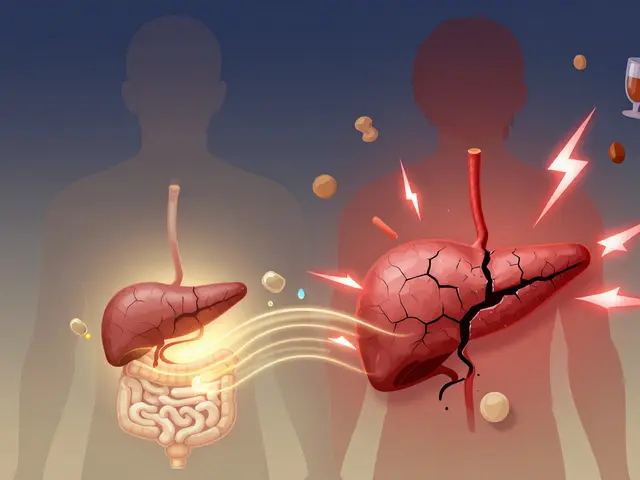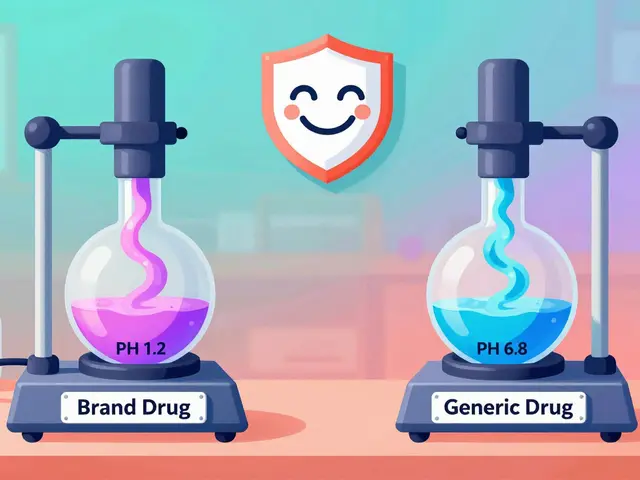Pancreatitis: Understanding Acute vs. Chronic and the Role of Nutrition in Recovery
January 9 2026Uric Acid: What It Is and Why It Matters
When you hear uric acid, you might think of gout, but it touches many health areas. Uric Acid, a waste product formed when the body breaks down purines from food and cells. Also known as urates, it can accumulate in blood and tissues. This buildup is called Hyperuricemia, an elevated level of uric acid in the bloodstream. Hyperuricemia is the starting point for several medical conditions. For instance, when crystal deposits settle in joints, they trigger Gout, a painful inflammatory arthritis caused by urate crystals. Those same crystals can travel to the urinary tract, forming Kidney Stones, solid deposits that develop when uric acid crystals aggregate in the kidneys. In short, uric acid is a byproduct of purine metabolism, and its level dictates whether you stay healthy or face these complications.
How Uric Acid Impacts Your Health
Purine metabolism constantly generates uric acid, so the body relies on kidneys and intestines to filter it out. Diet plays a big role: foods rich in purines—like red meat, seafood, and alcohol—raise uric acid production, while low‑purine options such as dairy and vegetables help keep levels in check. When filtration falters, hyperuricemia emerges, paving the way for gout attacks characterized by sudden, excruciating joint pain. Chronic gout can damage joint cartilage and lead to tophi—deposits under the skin that signal long‑term excess. Meanwhile, uric acid crystals that settle in the renal system cause kidney stones, which bring sharp flank pain, blood in urine, and possible infection. Managing uric acid isn’t just about treating symptoms; it’s about controlling the root cause. Lifestyle tweaks—hydration, weight management, and limiting fructose‑sweetened drinks—lower the burden on kidneys. Pharmacologic options like xanthine oxidase inhibitors (e.g., allopurinol) reduce production, whereas uricosuric agents boost excretion. Understanding the chain—purine intake → uric acid formation → hyperuricemia → gout or kidney stones—helps you decide which step to target.
Below you’ll find a curated set of articles that dive deeper into treatment choices, diet plans, and everyday habits to keep your uric acid levels balanced. Whether you’re looking for practical tips to avoid a gout flare, guidance on preventing kidney stones, or a clear explanation of how medications work, the collection ahead covers the whole spectrum.
 12 Oct
12 Oct
Gout and Sleep: How Gout Impacts Your Sleep Quality
Discover why gout attacks often break your sleep, learn practical tips to ease nighttime pain, and know when medical help is needed for better rest.
Read More...




